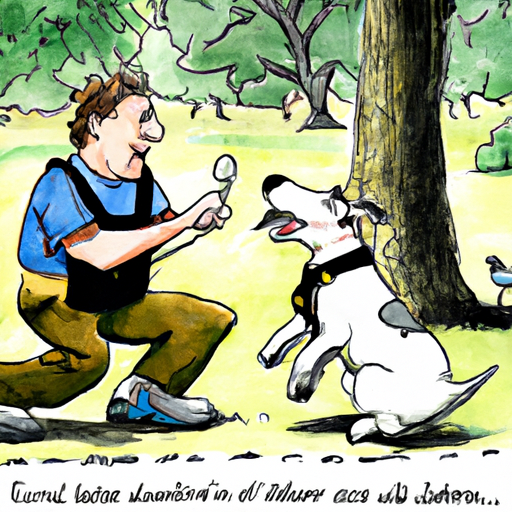As a caregiver, you understand the importance of creating a calm and nurturing environment. However, if you’re facing the challenge of a constantly barking dog, achieving that tranquility can feel like an uphill battle. This comprehensive guide will provide you with practical tips and insights to help you manage your dog’s barking in a compassionate and effective way.
Understanding Why Dogs Bark
Understanding why your dog barks is the first step towards finding a solution. Dogs bark for a variety of reasons, including:
- Warning or alert
- Playfulness or excitement
- Attention-seeking
- Anxiety
- Boredom
It’s important to note that barking is a normal behavior for dogs. However, excessive barking can be a sign of a deeper issue that needs to be addressed.
Techniques to Stop Dogs from Barking
Here are some techniques that can help manage your dog’s barking:
- Remove or mitigate the trigger: If your dog barks at people or other animals passing by the window, try closing the blinds or moving the dog to another room.
- Distract the dog: If your dog is barking excessively, try to get their attention with a toy or treat.
- Use positive reinforcement: Reward your dog when they stop barking on their own. This will help them associate quiet behavior with positive outcomes.
- Train your dog to be quiet on command: Using commands like “quiet” can be very effective. Be patient and consistent with this training.
Products That Can Help
There are several products on the market that can assist you in managing your dog’s barking. Here’s a table of the most commonly used ones:
| Product | Description |
|---|---|
| Bark Collars | These collars automatically deliver a stimulus (like a vibration or a sound) when the dog barks. |
| Ultrasonic Devices | These devices emit a high-pitched sound that only dogs can hear, effectively interrupting their barking. |
| Anxiety Wraps | These wraps apply gentle, constant pressure, similar to swaddling an infant, and can help calm a barking dog. |
Professional Help
If your dog’s barking continues despite your best efforts, it might be time to seek professional help. A dog trainer or a veterinary behaviorist can provide more personalized guidance based on your dog’s specific needs.
A Compassionate Approach
Remember, as a caregiver, your goal isn’t to stop your dog from barking completely but to help them bark less. It’s important to approach this issue with patience, understanding, and love.
Frequently Asked Questions
Q: Can I use a bark collar on a puppy?
A: Typically, it’s not recommended to use a bark collar on a puppy under six months of age.
Q: Is it okay for my dog to bark sometimes?
A: Yes, barking is a natural behavior for dogs. The goal is to manage excessive or disruptive barking.
Q: Can anxiety cause excessive barking?
A: Yes, anxiety can be a trigger for excessive barking. If you suspect your dog is anxious, it’s best to consult with a vet or a professional trainer.
Q: When should I seek professional help?
A: If your dog’s barking is causing stress or disruptions and efforts to manage it have been unsuccessful, it might be time to seek professional help.



